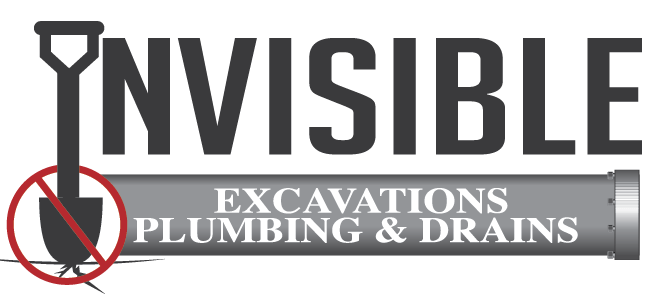Anyone whose experienced a clogged or backed up sewer line will tell you it’s a serious issue. And, most likely something that wasn’t given much thought until it became a serious issue.
To avoid an unexpected sewer line emergency and keep drain pipes clean, follow some of these tips on how to properly use and care for your sewer system.
- Do not pour grease down the drain. Instead pour it into an empty jar, can or glass bottle and throw it away. Grease poured down the drain can solidify in your pipes, and create a blockage that will not allow water and waste to flow through properly.
Note: If you do regularly pour insoluble fats down the drain, you might consider scheduling regular residential drain cleanings so that the fats are not allowed time to buildup and cause a serious clog.
- If an item is labeled non-flushable, don’t test it. Similarly, don’t treat your toilet like a wastebasket. Diapers, paper towels, facial tissue and more can get caught on other items in your pipes, such as roots or food waste and create backups.
- Only use your garbage disposal when absolutely necessary, avoid grinding large quantities of waste at one time. For example, when peeling vegetables, do it over the trashcan instead of the sink.
- Have your pipes inspected periodically for root infestation. Tree roots naturally seek out water, so they will do whatever they can to work their way into your sewer line. Once inside, they will continue to grow and cause serious problems. This is especially important for older homes in the Cleveland area with sewer lines made of clay pipes. Clay pipes are much more susceptible to corrosion, cracking and root invasion.
- Don’t use the quick fix, such as Draino, without first consulting a plumbing expert. Harsh chemicals can damage your sewer lines and make what you thought was a quick fix, a truly costly mistake.
If you’re regularly following all or most of these tips and you still find yourself experiencing a clog or backup, a plumbing technician can perform a video inspection of your sewer line to find out exactly what’s causing the problem.

